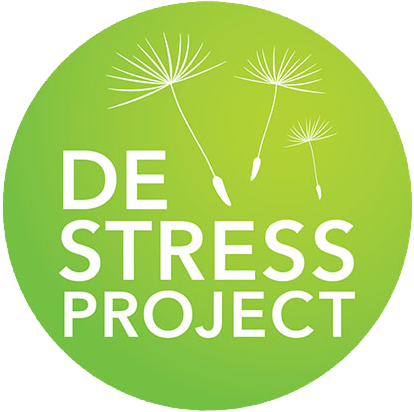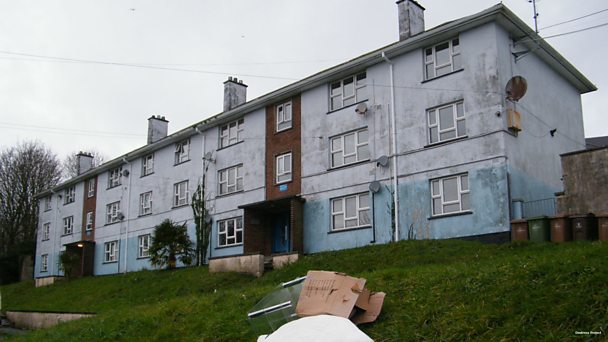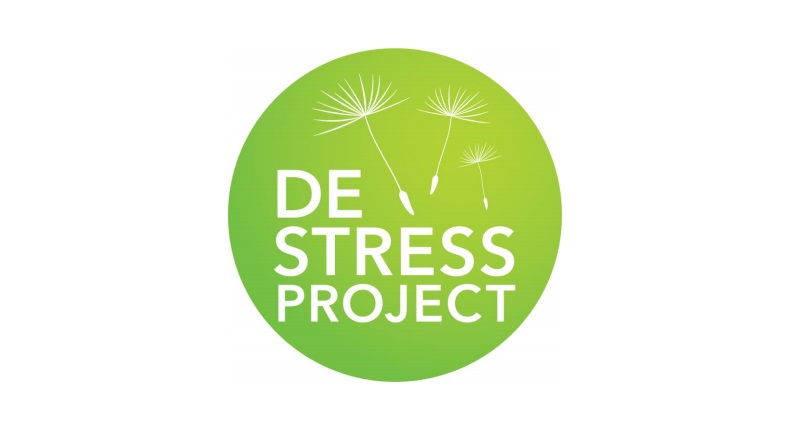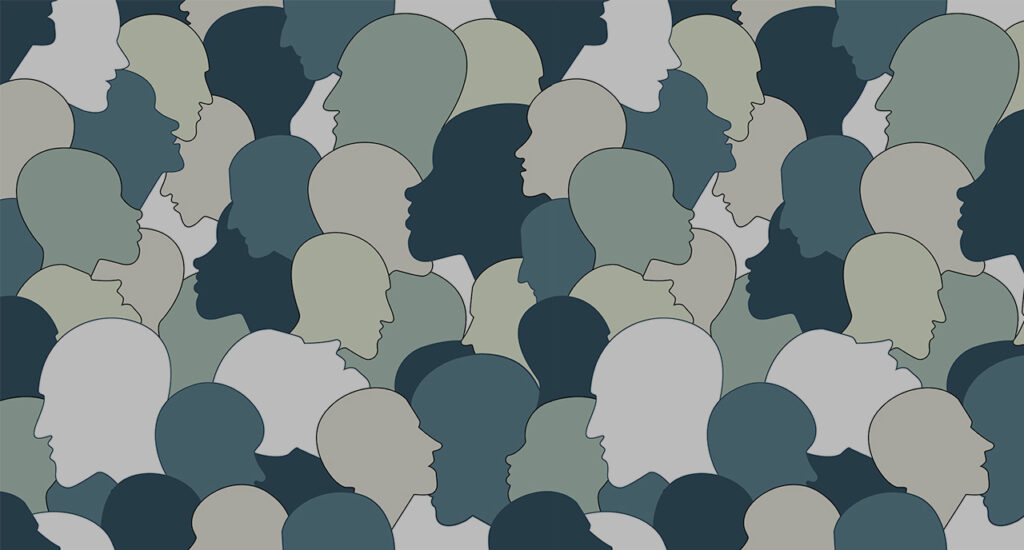Providing effective treatment and support for mental distress is a stated government aim. Within low-income communities, use of antidepressant medication is relatively high, but current strategies tend to frame mental distress as an individual psychological problem, rather than addressing the factors that are often the root causes of suffering.













